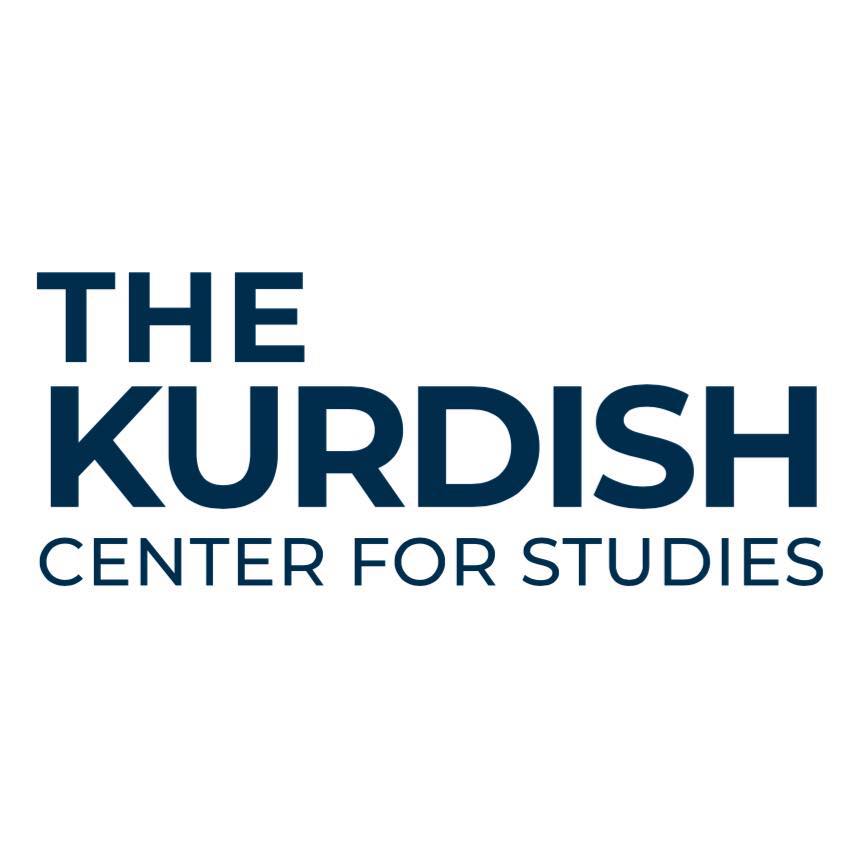In August 2024, Israeli Prime Minister Benjamin Netanyahu’s efforts to establish a military committee aimed at reviewing the defense budget and providing recommendations to enhance the capabilities of the Israeli military culminated in success. The committee is named after its chairman, Professor Yaakov Nagel, a former head of the National Security Council and a close adviser to Netanyahu.
The committee consists of six prominent members, including former military and economic leaders such as General Amikam Norkin, the former commander of the air force, and General Yaakov Amidror, the former head of the National Security Council. The committee’s mission is to provide a comprehensive study of the future of Israel’s military system, focusing on the increasing security challenges in the region. This group serves as a sort of think tank for the armed forces, delivering in-depth recommendations prioritized for implementation.
The latest surprising recommendations were released this week. The report from the Nagel Commission on the defense budget and security strategy, established by the Israeli government, stated that Israel must prepare for a direct confrontation with Turkey. It warned that Turkey’s ambitions to restore its Ottoman influence could escalate tensions with Israel, potentially leading to conflict.
The report highlights the danger posed by the alliance of Syrian factions with Turkey, creating a new and powerful threat to Israel’s security. According to excerpts published in Israeli newspapers, the report states: “The threat from Syria may evolve into something more dangerous than the Iranian threat,” warning that Turkish-backed forces could act as proxies, fueling regional instability.
Additionally, the report cautions about the risks posed by a radical Sunni jihadist force near Jordan’s borders, which could provoke and encourage the rise of militant groups within the kingdom, often struggling to contain Palestinian unrest.
Turkey is also identified as a competitor in the global arms export market. The country’s advanced industrial capabilities allow it to offer sophisticated military solutions, often at lower prices and with rapid supply, positioning it in direct competition with Israeli defense companies.
The Nagel Commission recommends that Israel ensure it retains a qualitative and technological advantage while preserving its operational superiority in the defense market. The report further notes potential diplomatic pressure from Turkey on countries considering Israeli defense purchases, which could further impact Israel’s strategic position.
“We are witnessing fundamental changes in the Middle East. Iran has always been our greatest threat, but new forces are entering the arena.”
Benjamin Netanyahu
Despite the previously good relations between Israel and the United States during President Donald Trump’s tenure, the report recommends that Israel pursue a self-defense strategy, independent of foreign assistance. Accordingly, the committee advised Israel to begin building the necessary forces and weapons to enable it to attack Iran and withstand a war with Turkey on its own.
After reviewing the report, Netanyahu stated: “We are witnessing fundamental changes in the Middle East. Iran has always been our greatest threat, but new forces are emerging, and we must be prepared for the unexpected. This report provides us with a roadmap for securing Israel’s future.”
The committee’s assessment unfolds against the backdrop of Turkish President Recep Tayyip Erdoğan’s policies in the region, which are increasingly viewed by Israeli circles as hostile to the long-term interests of the Jewish state. In fact, it can be said that Turkey has only recently entered Israeli strategic thinking regarding the “long term.” Historically, Tel Aviv has engaged with Turkey based on short-term benefits, particularly due to its status as a Muslim country maintaining diplomatic relations with Israel for over 70 years without religious or national embarrassment. According to the committee’s report, it appears that this era of Israeli thinking is coming to an end, as Turkey has lost its previous advantages with its military and security ally. When Israelis start to think “long term,” they perceive Turkey as a threat no less significant than their historical enemies, such as Iran.
In any case, the Nagel Committee presented its recommendations to Prime Minister Benjamin Netanyahu, Defence Minister Yisrael Katz, and Finance Minister Bezalel Smotrich on Monday, January 6, 2024, outlining a comprehensive strategy to address emerging threats.
The committee proposed increasing the defense budget by up to 15 billion shekels annually over the next five years to ensure that the Israel Defense Forces (IDF) are equipped to confront challenges posed by Turkey, along with other regional threats.
The committee recommended the following measures to prepare for a potential confrontation with Turkey:
- Acquire additional F-15 fighter jets, refueling aircraft, drones, and satellites to enhance Israel’s long-range strike capabilities.
- Strengthen multi-layered air defense capabilities, including the Iron Dome, David’s Sling, Arrow systems, and the newly operational laser defense system.
- Construct a fortified security barrier along the Jordan Valley, representing a significant shift in Israel’s defense strategy, despite potential diplomatic repercussions with Jordan.
The Nagel Commission’s recommendations aim to equip the IDF for long-term regional conflicts, considering changes in the security environment. These recommendations are expected to lead to a substantial increase in Israel’s defense budget over the next decade.
It is important to note that the formation of the committee has sparked some controversy, particularly due to the lack of a comprehensive review of the failures from October 7. Some observers believe that the committee may revise Israel’s national security doctrine without adequately addressing




Comments are closed.